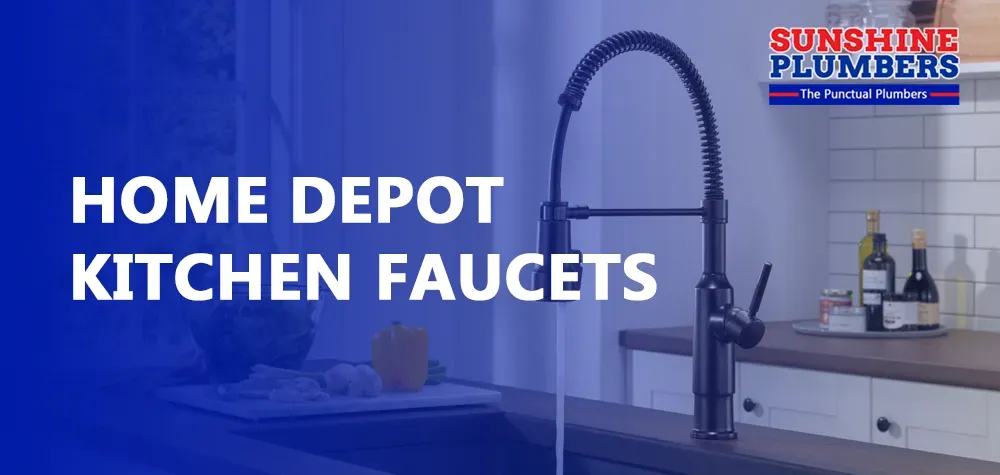Choosing an AC Leak Detector
When your air conditioning system isn't cooling as efficiently as it should, it could be due to a refrigerant leak. Detecting these leaks early can save you from costly repairs and ensure your AC unit operates at peak performance. At Sunshine Plumbers, we understand the importance of maintaining your HVAC system, which is why we're providing this comprehensive guide on selecting the best AC leak detector. Read on to learn everything you need to know about finding the right AC leak detector for your needs.
What is an AC Leak Detector?
An AC leak detector is a specialized tool used to identify leaks in an air conditioning system. These leaks typically involve refrigerant, a crucial component for cooling your home. Detecting and repairing leaks promptly can prevent loss of efficiency, higher energy bills, and potential damage to your AC unit.
Types of AC Leak Detectors
There are several types of AC leak detectors available on the market. Each type has its own advantages and is suited for different situations:
1. Electronic Leak Detectors
Electronic leak detectors use sensors to detect the presence of refrigerant in the air. These detectors are highly sensitive and can detect even the smallest leaks. They are widely used by professionals due to their accuracy and ease of use.
2. Ultrasonic Leak Detectors
Ultrasonic leak detectors identify leaks by detecting the sound of refrigerant escaping from the system. These detectors are effective in noisy environments where other types might struggle. They are especially useful for detecting larger leaks.
3. UV Dye Leak Detectors
UV dye leak detectors involve adding a UV-sensitive dye to the refrigerant system. When the dye escapes through a leak, it can be illuminated with a UV light, making it easy to spot. This method is straightforward and effective for both small and large leaks.
4. Soap Bubble Detectors
Soap bubble detectors are a simple and inexpensive method. By applying a soap solution to suspected areas, bubbles will form where leaks are present. While not as high-tech as other methods, soap bubble detectors are reliable for detecting visible leaks.
Choosing the Right AC Leak Detector
When selecting an AC leak detector, consider the following factors:
1. Sensitivity
Choose a detector with high sensitivity to ensure it can detect even the smallest leaks. This is particularly important for maintaining the efficiency of your AC system.
2. Ease of Use
Opt for a leak detector that is user-friendly. This includes clear instructions, easy-to-read displays, and ergonomic design. User-friendly detectors save time and reduce the risk of errors.
3. Durability
Durability is crucial, especially if you plan to use the detector frequently. Look for models made from high-quality materials that can withstand regular use.
4. Price
Consider your budget when selecting a leak detector. While more expensive models often offer greater sensitivity and additional features, there are also many affordable options that perform well for basic needs.
5. Professional vs. DIY Use
Determine whether you need a professional-grade detector or a simpler model for occasional use. Professional detectors are typically more accurate and durable, but they come with a higher price tag.
How to Use an AC Leak Detector
Using an AC leak detector involves a few simple steps:
- Turn Off the AC Unit: Ensure the system is off before starting the inspection.
- Prepare the Detector: Follow the manufacturer's instructions to prepare your leak detector for use.
- Inspect Suspected Areas: Use the detector to scan areas where leaks are likely to occur, such as connections, valves, and coils.
- Identify and Mark Leaks: Once a leak is detected, mark the location for repair. If using a UV dye detector, use a UV light to spot the leaks.
- Repair the Leak: Depending on the size and location of the leak, you may need professional assistance to repair it.
Why Early Detection is Crucial
Detecting refrigerant leaks early is essential for several reasons:
- Efficiency: Leaks reduce the efficiency of your AC unit, leading to higher energy bills.
- Environmental Impact: Refrigerants can be harmful to the environment, so preventing leaks helps protect the planet.
- Cost Savings: Repairing small leaks is less costly than dealing with major system failures.
Choosing the right AC leak detector is vital for maintaining your air conditioning system’s performance and longevity. Whether you're a DIY enthusiast or a professional, understanding the different types of detectors and their applications can help you make an informed decision. For expert assistance and all your HVAC needs, trust the professionals at Sunshine Plumbers. Contact us today to ensure your AC system is running smoothly and efficiently.




